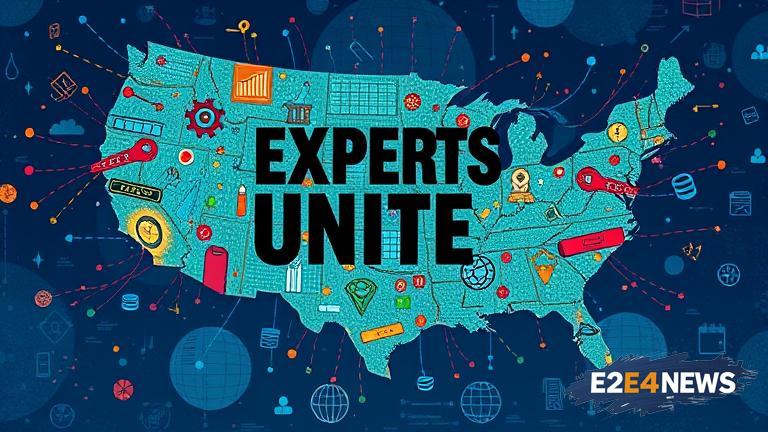In a bid to safeguard the integrity of US government data, a collective of data experts, often referred to as ‘data nerds,’ have embarked on a mission to rescue and preserve this critical information. The urgency stems from concerns that vital data could be lost or deleted, potentially hindering the government’s ability to make informed decisions and undermining transparency. This endeavor is not just about saving data; it’s about ensuring the continuity of governmental functions and maintaining public trust. The data in question encompasses a wide range of categories, including economic indicators, environmental statistics, and social metrics, all of which are crucial for policy-making and public awareness. The initiative has garnered support from various quarters, with many advocating for the importance of data preservation in the digital age. The challenge, however, is significant, given the vast volumes of data and the complexities involved in its collection, analysis, and storage. Despite these challenges, the data community remains committed to its goal, leveraging advanced technologies and collaborative strategies to achieve success. The role of data in governance cannot be overstated, as it provides the foundation for evidence-based decision-making, helping to guide policies that impact the lives of millions. Furthermore, accessible government data is a cornerstone of democracy, enabling citizens to stay informed and hold their leaders accountable. The current effort to save US government data is part of a broader movement that recognizes the value of open data and its potential to drive innovation and societal progress. By making data more accessible and usable, these advocates aim to foster a more transparent and responsive government. The project involves not just the technical aspect of data preservation but also a political and social dimension, as it seeks to influence policy and public opinion on the importance of data management. In the face of potential data loss, the response from the data community has been swift and decisive, highlighting the power of collective action in the digital era. The long-term implications of this project are profound, as it sets a precedent for how governments and citizens can work together to protect and utilize data for the public good. Moreover, the initiative serves as a model for other countries, demonstrating the importance of proactive data management in maintaining governmental integrity and promoting democratic values. The use of advanced technologies, such as cloud storage and artificial intelligence, is pivotal in this endeavor, allowing for more efficient data collection, analysis, and preservation. As the project progresses, it is likely to face numerous challenges, including issues related to data privacy, security, and the ethical use of information. Nonetheless, the determination of the data community and its allies remains unwavering, driven by the belief that accessible and preserved data is essential for a functioning democracy. The story of the data nerds racing to save US government data is a testament to the power of civic engagement and the critical role that data plays in modern governance. It also underscores the need for continuous vigilance and action to protect our digital heritage and ensure that data serves the public interest. In conclusion, the quest to rescue US government data is a complex, multifaceted endeavor that reflects the evolving relationship between technology, governance, and society. As this story unfolds, it will undoubtedly inspire further discussions on the importance of data preservation and the role of the data community in safeguarding our digital future.
